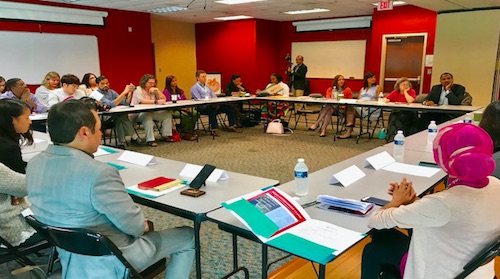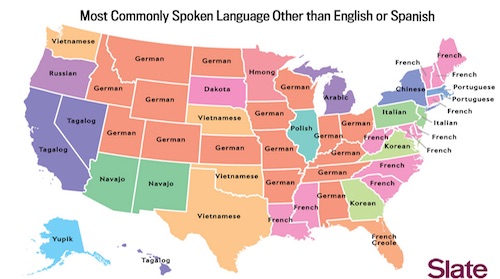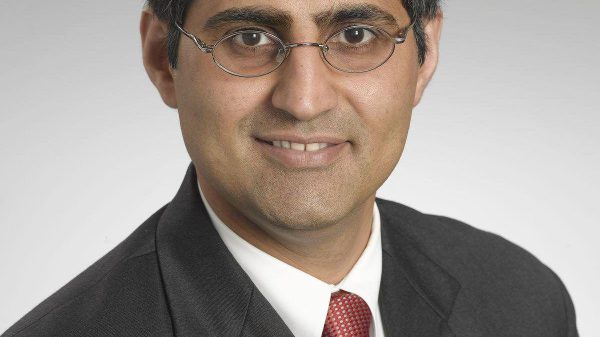Medi-Cal, California’s Medicaid program, has undergone a major redetermination process as part of a federal initiative to re-assess eligibility for Medicaid. With approximately one in three Californians enrolled in Medi-Cal, this redetermination is crucial for the health coverage of millions. Unlike other states, which used this process, known as “the great unwinding,” to significantly cut Medicaid rolls, California aimed to maintain coverage for as many eligible enrollees as possible. This comprehensive review explores the redetermination’s impact on Medi-Cal enrollment and offers guidance for Californians on how to renew their coverage.
The Redetermination Process
The Medi-Cal redetermination process began in June 2023 and will conclude in May 2024. During this time, Medi-Cal re-evaluated the eligibility of approximately 15 million Californians. The objective was to automate as much of the renewal system as possible to streamline the process and reduce the risk of dis-enrollment.
In the early stages, the process faced significant challenges. About 21% of the 1 million monthly renewals were dropped, primarily due to failure to return renewal packets or ineligibility. This resulted in confusion and stress for those who lost their coverage. To address this, the California Department of Health Care Services (DHCS) implemented automated systems and encouraged online renewal processes. By December 2023, these efforts helped reduce the dis-enrollment rate to about 9%. The shift towards automation made the process more efficient and user-friendly, ensuring fewer eligible individuals lost coverage due to administrative issues.
DHCS and NEVHC’s Efforts
Yingjia Huang, Deputy Director of Health Care Benefits and Eligibility at the DHCS, discussed the department’s strategy to improve the redetermination process by reducing dis-enrollment through automation and increased flexibility in policy implementation. Huang emphasized that the department would continue its outreach efforts and collaborate with community advocates to guide Californians through the complex renewal process. DHCS produced educational videos and materials to help enrollees understand the renewal process.
Vilma Champion, Director of Managed Care and Enrollment at Northeast Valley Health Corporation (NEVHC), highlighted the organization’s efforts to support Medi-Cal enrollees in Los Angeles County, which has the most Medi-Cal members in the state. NEVHC focused on helping those who were dropped during redetermination by providing resources and guidance for re-enrollment.
Personal Stories: The Human Impact of Medi-Cal
Personal stories shared during the briefing illustrated the profound impact Medi-Cal has on California families. Fitzgerald Graves, a Medi-Cal enrollee and member of the African American Network of Kern County, discussed his experience navigating the redetermination process. After a change in health plans, he encountered communication issues and difficulty re-enrolling, resulting in a tragic loss in his family due to inadequate medical guidance and a misdiagnosis. This story underscores the need for clear communication and consistent medical care.
Dara Montejo shared her experience of enrolling her undocumented mother in Medi-Cal, highlighting the importance of expanding coverage to undocumented individuals aged 26 to 49 years. This expansion transitioned about 700,000 people from limited benefits to full-scope coverage, providing much-needed healthcare access to a vulnerable population.
NEVHC’s Community Outreach and Support
NEVHC’s efforts during the redetermination process have been critical for keeping Medi-Cal members enrolled. The organization provided community outreach, including education about the renewal process, assistance with submitting renewal packets, and translation or interpretation services. NEVHC’s targeted outreach strategies utilized social media, onsite renewal events, and personalized support to help Medi-Cal members retain their coverage.
The focus on community engagement, especially with Spanish-speaking and immigrant communities, played a pivotal role in reducing dis-enrollment rates. NEVHC’s culturally sensitive practices, such as bilingual staff and materials, built trust and effectively communicated with these communities.
Challenges and Recommendations
While the redetermination process has faced challenges, NEVHC has shared valuable lessons and recommendations for improvement. These include:
- Establishing clear timeframes for processing renewals and reinstating cases during the 90-day cure period.
- Enhancing communication between eligibility workers and those submitting renewal documents.
- Reintroducing Saturday hours to increase accessibility to the renewal helpline.
- Providing additional support for eligibility workers who face difficulties navigating the system.
Moving Forward
As the Medi-Cal redetermination process concludes, California’s DHCS aims to sustain the gains made in automating the renewal process and reducing dis-enrollment rates. The goal is to ensure eligible Californians can maintain their Medi-Cal coverage without unnecessary interruptions. Organizations like NEVHC will continue playing a key role, advocating for health equity and offering support during re-enrollment.
Efforts to expand Medi-Cal to undocumented residents and other vulnerable groups reflect California’s commitment to providing healthcare access to all its residents. The ongoing expansion of full-scope coverage to undocumented individuals aged 26 through 49 aligns with this goal, aiming to improve care coordination and reduce reliance on emergency services.
Conclusion
The success of the Medi-Cal redetermination process is critical for the health and well-being of millions of Californians. Personal stories and community-based efforts underscore the importance of maintaining and expanding healthcare coverage while reducing dis-enrollment rates. By focusing on community engagement, automation, and flexible policy implementation, California can ensure that its residents have reliable access to Medi-Cal and the healthcare services they need.
#MediCal #HealthcareCoverage #California #Medicaid #Redetermination #HealthAccess #CommunityHealth #HealthcareReform #DHCS #NEVHC #MediCalRenewal #HealthEquity #HealthcareExpansion #MediCalEnrollees #HealthcareSupport #MedicaidExpansion #HealthcareOutreach #CommunitySupport #HealthEducation #ManagedCare #HealthInsurance










